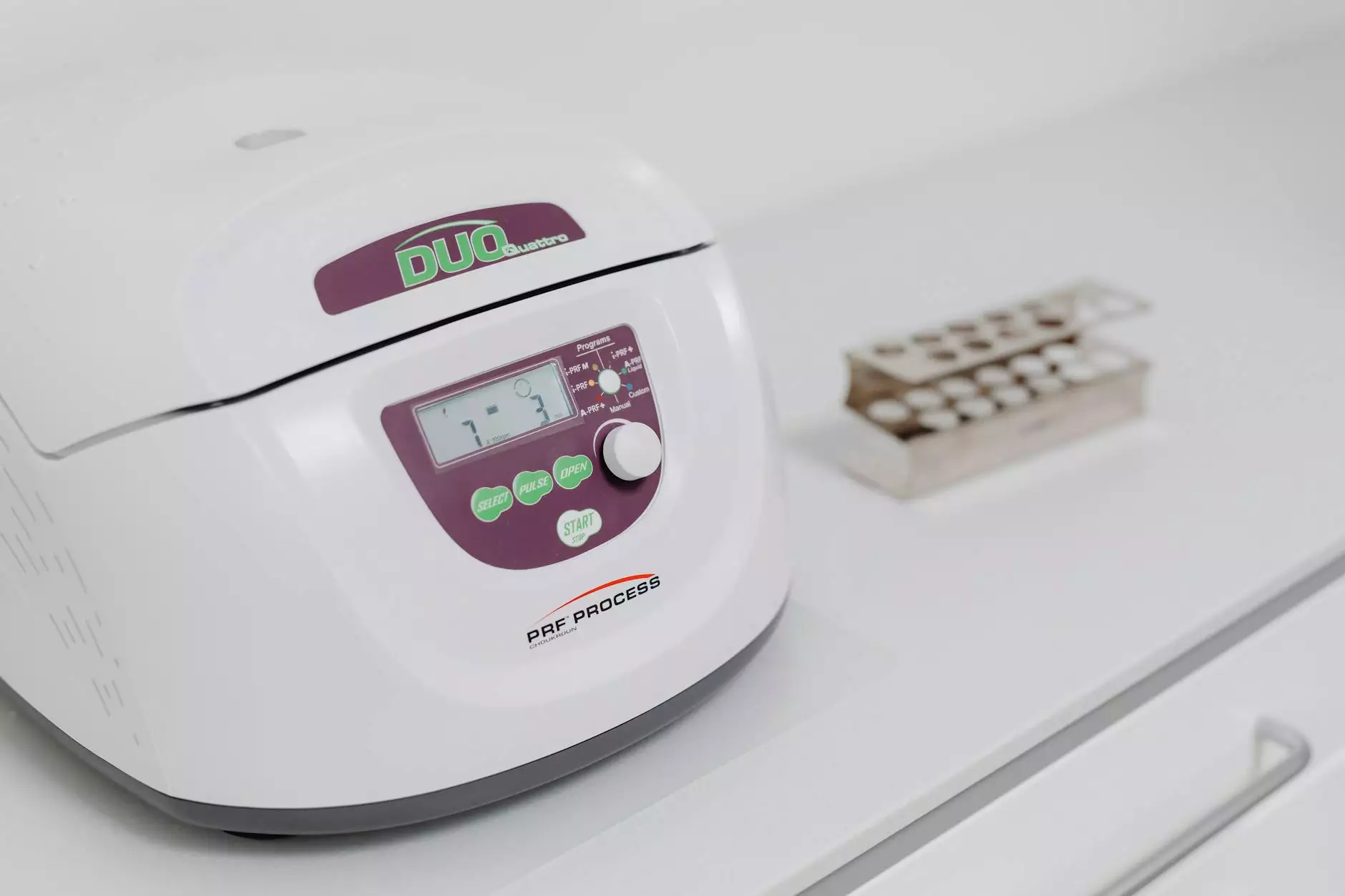Exploring the Benefits and Applications of CNC Lathe Machines in China

The world of manufacturing is evolving rapidly, and at the heart of this transformation is the innovation brought by CNC (Computer Numerical Control) lathes. These machines have revolutionized the metal fabricating industry, particularly in China, which has become a global powerhouse in production and technology. This article will delve into the significance of CNC lathe machines in China, their benefits, various applications, and the future trends that industry leaders at companies like deepmould.net are addressing.
Understanding CNC Lathe Machines
A CNC lathe is a highly sophisticated tool used to create precise and complex shapes in various materials. Unlike traditional lathes that require manual operation, CNC lathes are controlled by computer software, allowing for improved precision, consistency, and production efficiency. This shift from conventional methods to CNC technology marks a significant leap forward for manufacturers aiming to streamline their processes.
Why China Leads in CNC Lathe Production
China's dominance in the CNC lathe market can be attributed to several key factors:
- Advanced Technology: Continuous investment in cutting-edge technology enhances China's capacity to produce high-quality CNC lathes.
- Cost-Effectiveness: China offers competitive pricing due to lower labor costs and government support for manufacturing industries.
- Skilled Workforce: A large pool of skilled engineers and technicians enables companies to innovate and improve the performance of CNC machinery.
- Infrastructure Development: Robust infrastructure facilitates the growth of manufacturing capabilities, ensuring timely delivery and scalability.
Benefits of CNC Lathe Machines in Metal Fabrication
Utilizing CNC lathe machines provides various benefits that significantly enhance manufacturing processes:
1. Precision and Accuracy
CNC lathes allow for extremely tight tolerances, meaning that parts produced are highly precise. This level of accuracy is crucial in industries where even the smallest deviation can result in failure.
2. Increased Production Speed
The automation of CNC lathes increases production speed, dramatically reducing cycle times. Manufacturers can produce large quantities of products in a fraction of the time traditionally required.
3. Flexibility and Versatility
CNC lathes can handle a wide range of materials, including metals, plastics, and composite materials. This versatility allows manufacturers to adapt quickly to market demands and produce a variety of parts.
4. Reduced Human Error
By automating the machining process, CNC technology minimizes human errors commonly found in manual operations, leading to enhanced product quality and reduced waste.
Applications of CNC Lathe Machines
The applications of CNC lathe machines are vast and span across various industries. Here are some notable sectors:
1. Aerospace Industry
The aerospace sector demands unparalleled precision and reliability. CNC lathes are employed to manufacture critical components such as turbine blades, housings, and structural parts, ensuring safety and compliance with stringent regulations.
2. Automotive Manufacturing
In the automotive sector, CNC lathes are used to produce intricate parts such as engine components, transmission cases, and custom fittings that must meet exact specifications for functionality and performance.
3. Medical Devices
Medical equipment and devices require high precision to ensure they function correctly and safely. CNC lathes help fabricate surgical instruments, implants, and diagnostic tools used in healthcare.
4. Electronics
CNC lathes also play a crucial role in producing parts for electronic devices, including enclosures and components used in computers, smartphones, and appliances.
The Future of CNC Lathe Technology in China
As technology continues to evolve, so does the landscape of CNC machining. The future of CNC lathe machines in China looks promising due to several emerging trends:
1. Integration with Industry 4.0
Industry 4.0 represents the current trend of automation and data exchange in manufacturing technologies. CNC machines are increasingly integrated with IoT (Internet of Things) devices, enabling real-time monitoring and predictive maintenance.
2. Use of Artificial Intelligence
Artificial Intelligence enhances the functionality of CNC lathes, allowing for smarter automation, improved programming, and advanced analytics that further optimize production processes.
3. Sustainable Manufacturing Practices
With a global push towards sustainability, CNC lathe manufacturers are focusing on producing machines that utilize environmentally friendly processes and materials, reduce waste, and lower energy consumption.
4. Customization and Personalization
The demand for customized products is on the rise. CNC lathes offer the flexibility to create bespoke parts that meet specific customer requirements, enhancing customer satisfaction and brand loyalty.
Conclusion
The shift towards CNC lathe technology marks a transformative era in the manufacturing sector, particularly in China. As the landscape continues to evolve, companies such as deepmould.net are at the forefront, leveraging these innovative machines to enhance productivity, maintain quality, and meet the ever-changing demands of modern industries. With advances in technology, the benefits and applications of CNC lathes will only expand, solidifying their importance in the global marketplace.
Businesses looking to maximize their operational efficiency must consider the integration of CNC lathe technology within their frameworks. Embracing change not only gives a competitive edge but also fosters growth and innovation in an increasingly digitized world.
cnc lathe china








